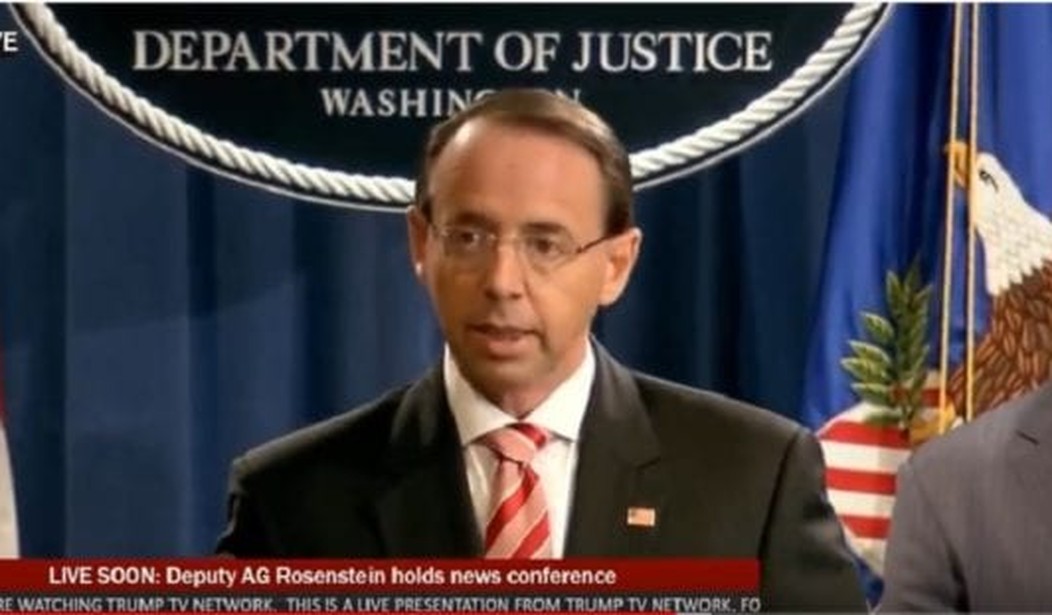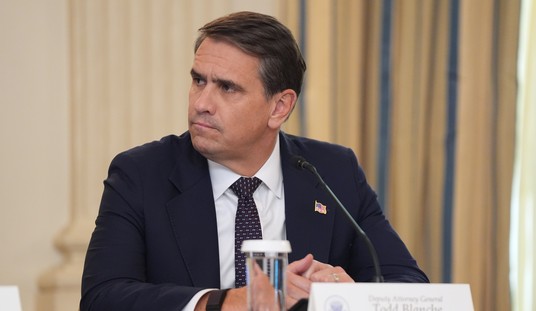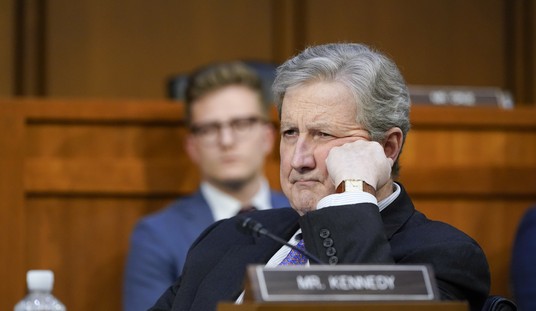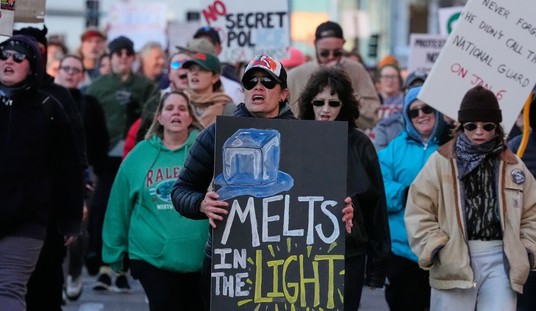
In a speech last night Ro Rosenstein delivers some withering rebukes to the voices heard over the past few years.
“As President Trump pointed out – we govern ourselves in accordance with the rule of law, rather than the whims of an elite few or the dictates of collective will.” Those were just some of the choice words Deputy Attorney General Rod Rosenstein delivered last night in a strong defense of the process his Department of Justice has undertaken during the past couple of years. The Deputy AG was calmly professional yet surprisingly direct in rebutting not only many of the narratives that have mushroomed in the past few weeks but also the backstory, following the completion of the Mueller investigation.
Rosenstein, in Speaking at the Public Servants Dinner of the Armenian Bar Association, addressed a number of the issues that have been reported on and commented about this month, beginning with the common gripe that Mueller did not provide a direct indictment of any perceived criminalities made by the President. (Full transcript of Rosenstein’s speech)
In referencing his confirmation nearly two years ago, Rosenstein mentioned that even then he had made no promises that he might “report all results to the public because grand jury investigations are ex parte proceedings.” From there he only delivered more frustration, reiterating how the report does not conclude the President committed any crimes, nor does it exonerate him. That statement alone is vexing for both the media (wishing to prosecute the President) and for Donald Trump (who perpetually asserts he has been exonerated.)
“It is not our job to render conclusive factual findings. We just decide whether it is appropriate to file criminal charges,” Rosenstein said.
Some of his most damning comments however regarded the actions of those in power ahead of his appointment. In particular, he called out James Comey and the Obama administration for their handling of details regarding the investigation.
“The previous administration chose not to publicize the full story about Russian computer hackers and social media trolls, and how they relate to a broader strategy to undermine America,” he said. “The FBI disclosed classified evidence about the investigation to ranking legislators and their staffers. Someone selectively leaked details to the news media. The FBI director announced at a congressional hearing that there was a counterintelligence investigation that might result in criminal charges.”
Not content in stopping there, he also went on to cast harsh criticism on the climate surrounding the investigation during the past couple of years. He referenced what he called “mercenary critics”, those who were in a nearly constant state of baseless accusations, “often with little or no information.” On this list he includes politicians, as well as the press corps. “Some of the nonsense that passes for breaking news today would not be worth the paper it was printed on, if anybody bothered to print it.”
“In my business, we need to prove facts with credible evidence, prove them beyond any reasonable doubt,” he added, twisting the knife of criticism to strong effect.
This is something that has been witnessed by most regarding the nature of our contemporary media. An industry that once had been driven by the facts has become more untethered to that bedrock standard over the past years, and many of the participants are now at odds with a justice system that adheres to facts at a much higher level. Rosenstein drew the comparison between his position and that of the other players.
The distinction Rosenstein makes is that while he has to resort to only the facts, in politics and the press “belief is the whole ballgame.”















Join the conversation as a VIP Member